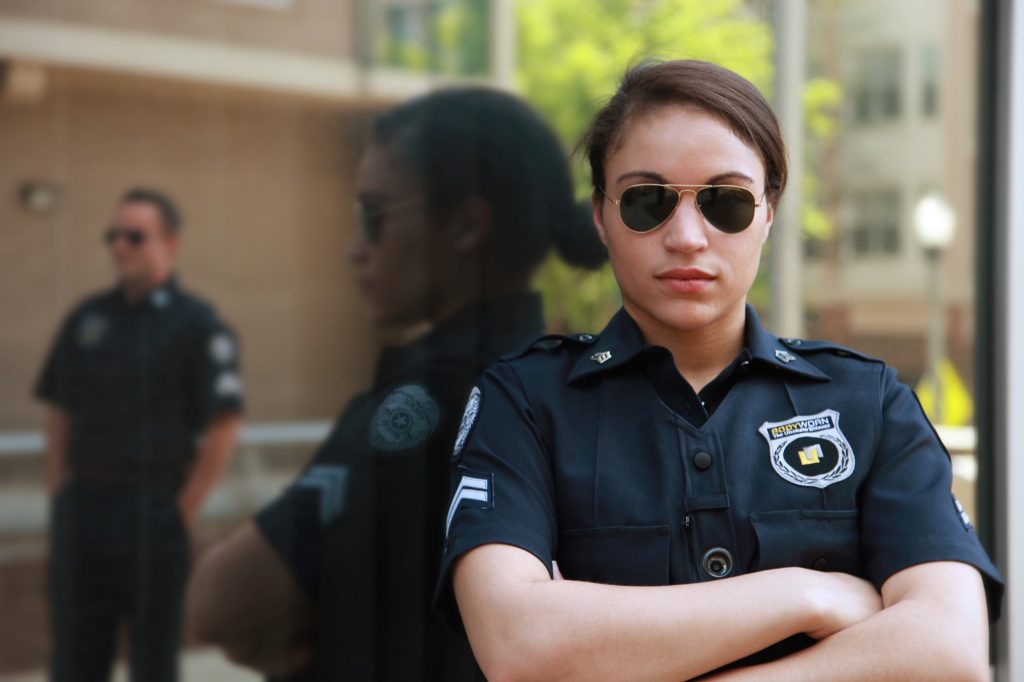
Are you looking for an exciting career where no day is the same? Do you want to save lives and make a difference within your community? You may benefit from becoming a police officer.
You’ll have to pay a hefty sum to enter training, but all of that will be offset by the salary you’ll bring home. Most law enforcement jobs come with a nice benefits package, and there’s plenty of room for career advancement.
Wondering how to get started? We can walk you through the process. Check out this guide to learn how to start your amazing new career as a police officer.
Get Your High School Diploma or GED
The first step of becoming an officer is to get your education. Luckily, most programs only require you to have your high school diploma/GED to quality.
There are some states that do require that their officers have some kind of college education. This can be a bachelor’s degree or an associate’s.
Go After Your Bachelor’s Degree
If you want to become a capitol police officer or go after some other advanced rank, you might need a college education under your belt. Even if it’s not required by your state, it’s still recommended to pursue higher education.
Most police officer programs will look at you more favorably for it. Getting a bachelor’s in law enforcement will be a four-year-long commitment. Here, you’ll learn the ins and outs of what it means to be an officer.
The drawback is that getting a degree isn’t feasible for some people. Four-year programs aren’t cheap and often involve taking out hefty student loans.
Meet the Minimum Requirements
Before you undergo your formal training, there are a few more requirements that you’ll need to meet. The first is that you can’t pursue police officer jobs until you’re at least 18 years old.
You must also be a member of the united states and have a valid driver’s license. In most cases, you can’t become a police officer unless you have a spotless criminal record. The only exception is if your offense was super minor.
Undergo Formal Training
You’re all set to begin your formal police training. Even if you get a lot of your classroom training when you’re pursuing your degree, you’ll still need to enter a training program.
You can’t get your field training while you’re sitting behind a desk. This part of the process is what most people think about when they hear police training.
You’ll learn all the techniques that you’ll be using when you’re out there on the field. The curriculum will include firearm usage, operating emergency vehicles, first aid, defensive tactics, and fitness training.
When you get through all of that, you’ll move on to your in-service training. During this one-year timeframe, you’ll pair up with an experienced officer. The purpose is to show that you can apply all the concepts that you learned during your basic training.
Pass Your Background Check
You’re going to be in charge of the lives of all the people in your community. This is why you’ll have to pass a background check before you go out in the field.
This check won’t only delve into your criminal history. The police department will also do a credit check. They want to make sure that you’re a responsible person who takes care of your debts.
The department will look into your previous employment history and academic records before they consider you for employment, as well. When you’re giving the police department your information, don’t omit a single detail. Doing so could end in disqualification.
Psychological Evaluation
Before you join the police officer ranks, you’ll have to take a psychological exam to prove that you’re mentally fit enough for service. The nature of the evaluation can vary from police department to police department.
Most of the time, it involves taking a test and sitting down with a psychologist. They’ll check how vulnerable you are to stress and look for any red flags, such as poor anger management.
Take the Licensing Exam
The last step to becoming a police officer is to take your licensing exam. Once you pass, you’ll be all set to join the force. There are two sections of the test that you’ll need to study for.
The first is the written part that’s comprised of two parts. The essay portion will test how well you can communicate. The multiple-choice section is your standard bubble in questionnaire.
The second section that you’ll have to worry about is the oral exam. It tests how well you can respond to verbal commands. You must show that you can act cool under pressure and make sound decisions.
Keep Climbing up the Ladder
Congratulations graduate! You’re now ready to start claiming up the ranks in your new career field. As you gain more experience, you’ll undergo performance reviews.
Police officers that score well on these reviews will qualify for a promotion. As is the case with any job, getting a promotion means better pay and more responsibility.
Everything You’ll Need to Do to Become a Police Officer
Becoming a police officer takes a lot of training. You’ll undergo test after test to prove that you’re fit for duty. When it’s all said and done, you’ll have a lucrative career that offers a ton of advancement.
Of course, advancement comes with a high level of responsibility. It’s not something that you should take lightly. Do you think that you’re up for the challenge?
For more ways to succeed in your chosen career path, visit our blog.



